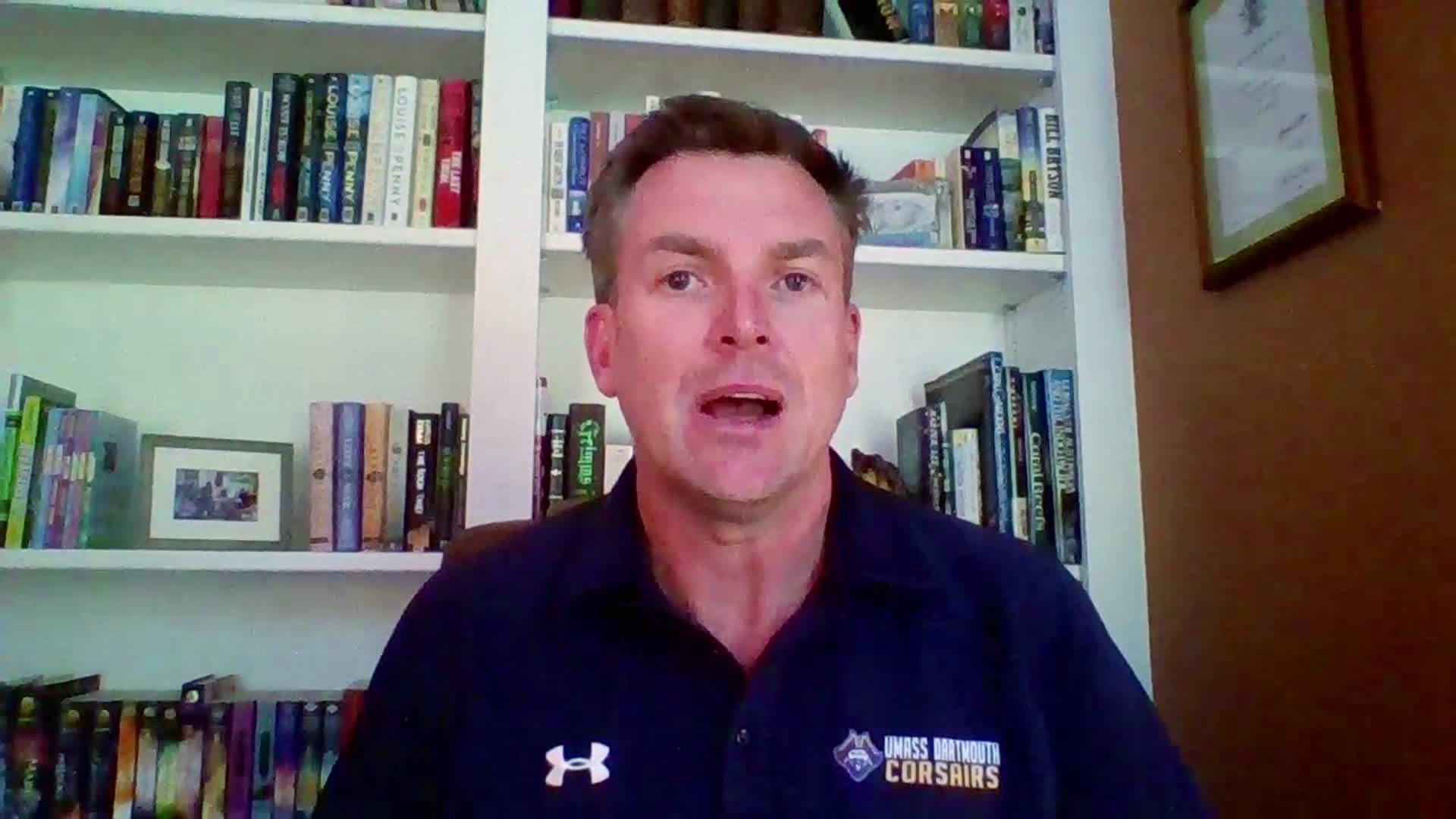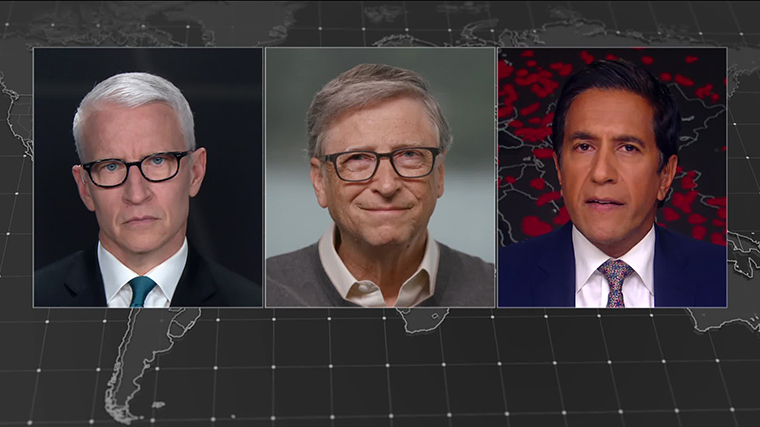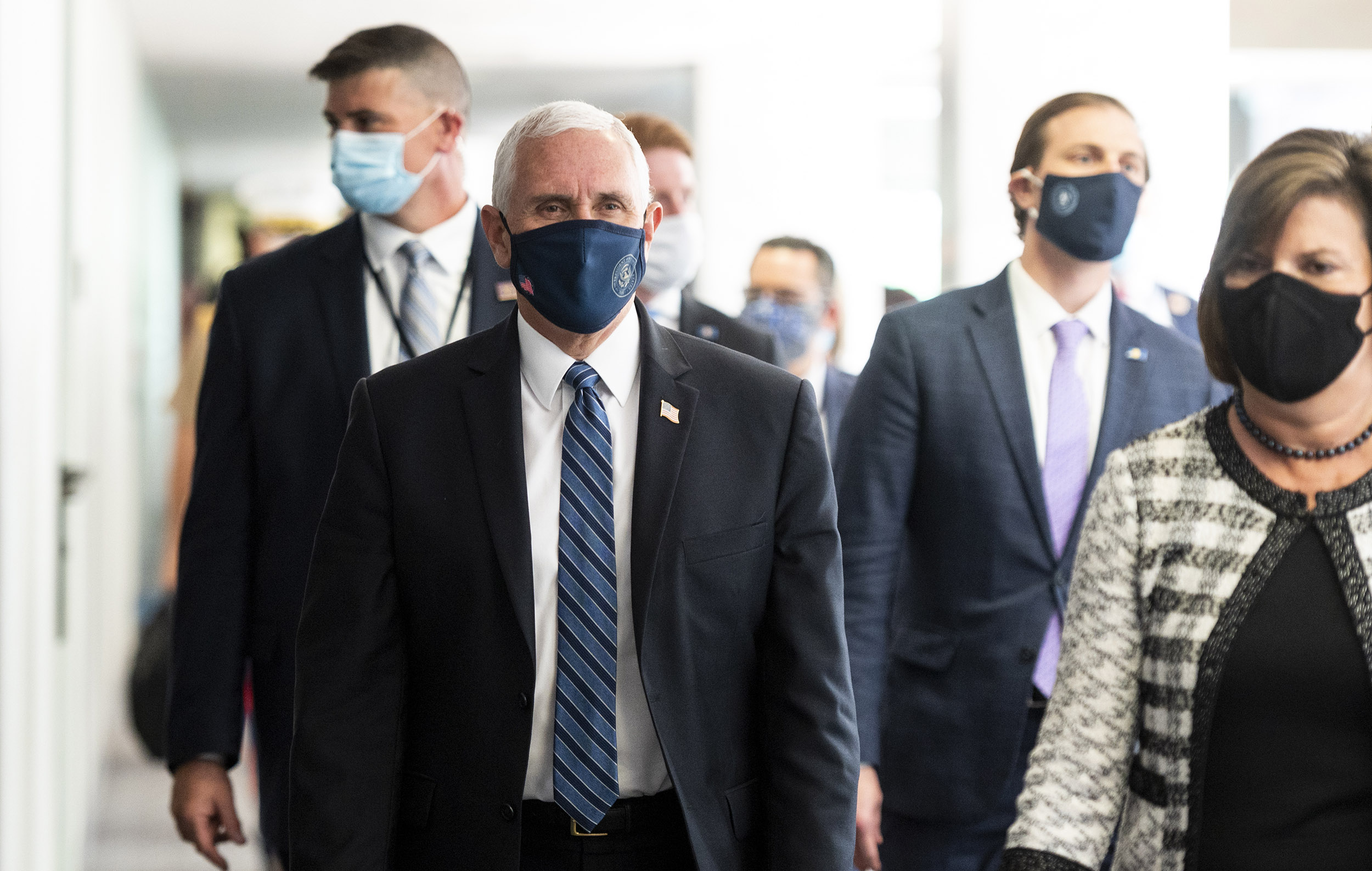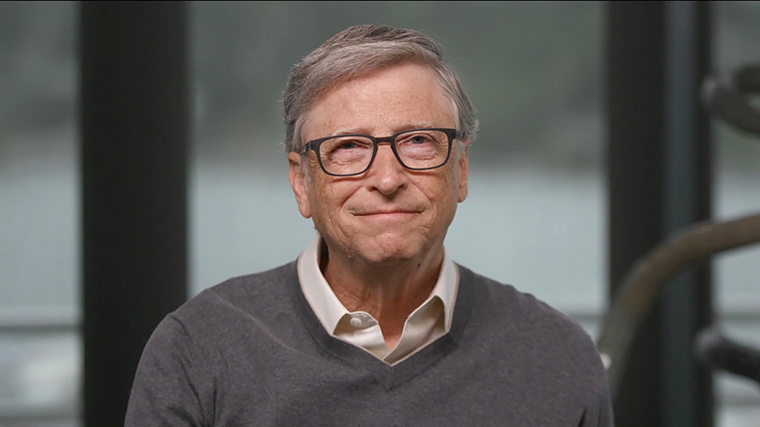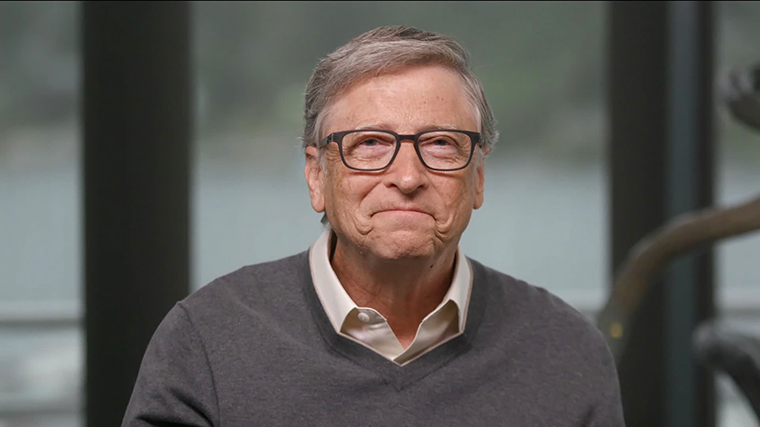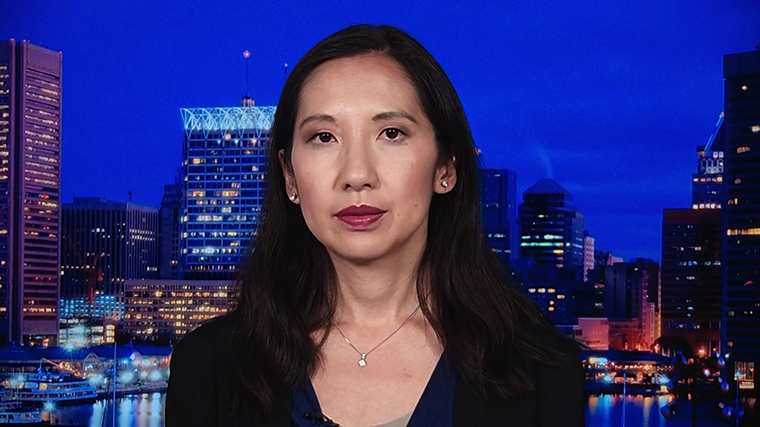
Emergency physician Leana Wen joined CNN's ongoing coronavirus town hall to answer questions from viewers on the disease, which has seen alarming spikes in the US this week.
What does the CDC's new guidance mean?
Today, the CDC updated its list of people who are most at risk of severe complications from coronavirus.
The list includes people with severe kidney disease, lung disease, heart disease, and obesity. Obesity is a major one, since 40% of Americans fall under that category, said Wen.
Pregnant women are now also on the list, and should consider themselves "medically vulnerable," she said.
Has the danger of infection via touching things declined?
The most likely way you might get infected is through person-to-person contact, like being next to someone who is sneezing or talking. But there is still a risk of getting Covid-19 from surfaces, especially surfaces that are touched frequently by many people, said Wen — meaning it's still crucial to keep washing your hands and being careful what you touch.
